UK election watchers have been focused on the Labour Party this week, but for Irish aviation watchers the focus has been on the Labour Court.
On Wednesday, the court held a hearing in a bid to resolve the ongoing pilots’ pay dispute at Aer Lingus.
Over the course of three hours, the airline’s management and representatives from the Irish Airline Pilots’ Association presented their cases and answered questions.
The court then adjourned to consider the matter and the two sides were told a recommendation would be issued in the coming days.
The decision is not binding for either side and the recommendation will be put to a ballot of IALPA members once it has been issued.
Hadn’t the Labour Court already looked at this dispute?
Yes, the Labour Court held a hearing on this row back in April.
It followed talks at the Workplace Relations Commission in February which ended without agreement.
In May, the court issued an interim recommendation aimed at resolving the dispute.
The figure was well below the 23.8% that the pilots had been seeking.
The court also recommended the continuation of engagement, with the assistance of the WRC, on all matters in dispute with a view to reaching overall agreement.
The court called for a fresh and stabilising approach, and expressed concerns about the gap between the two sides.
“It is a matter of concern to the court that the extensive engagement between the parties in relation to the matters now before the court has not resulted in any discernible indication of understanding by the parties that the resolution of the trade dispute will require the exercise of pragmatism, realism and common sense in order to identify a position that has the potential to be accepted by both,” the court said.
Last month, IALPA members voted overwhelmingly to reject the interim Labour Court recommendation.
So, why did the Labour Court decide to have another look at this?
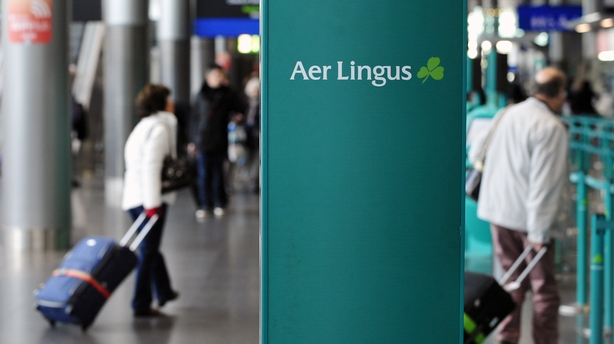
At one stage, it looked like the Labour Court would not be getting involved again.
On Tuesday 25 June, the day before an indefinite work-to-rule by IALPA members was due to begin, the court met separately with IALPA and Aer Lingus management.
Shortly after those meetings ended, the court advised both sides that it would not be intervening at that time but that it would review the matter in July.
True to its word, on 1 July, the Labour Court held another round of talks with Aer Lingus management and pilots.
Following those discussions, it said it would be invoking its right to formally intervene in the dispute.
The court intervened under section 26, subsection 5 of the Industrial Relations Act 1990 which states that the court shall not investigate industrial disputes unless “…there are exceptional circumstances which warrant it so doing”.
Clearly, the scale of the disruption being caused, the economic damage being done and the worries of tens of thousands of passengers were enough to meet the bar of “exceptional circumstances”.
On Wednesday, the Labour Court held a formal hearing into the dispute at its headquarters on Lansdowne Road.
So, the Labour Court must have been hopeful of a resolution if it decided to intervene?
Not necessarily.
The Labour Court does not speak publicly about its reasons for intervening in a dispute.
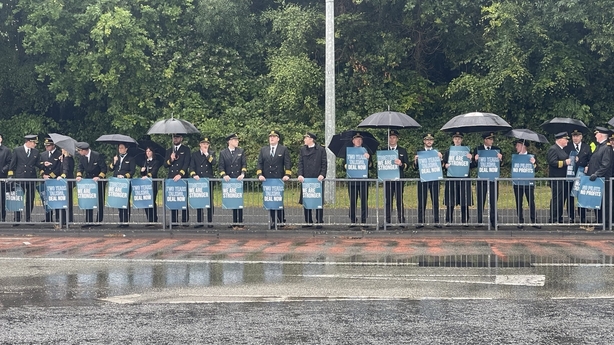
It may be the case that, having met the sides for several hours, it saw a glimmer of hope and the emergence of some common ground.
Alternatively, it may have decided to formally intervene in the hope of breaking the deadlock between two parties that remain poles apart.
On Thursday 27 June, management and union representatives met face-to-face for five hours, but the talks broke down without agreement.
However, there was one significant development.
IALPA said it had offered to move from its 24% pay demand.
It is understood that movement was minimal, but nonetheless it was a sign of compromise.
But IALPA accused Aer Lingus of failing to reciprocate with any concessions on its side.
How big is the gap between the two sides?
The pilots are seeking a pay rise of up to 24% to take account of inflation since their last wage increase in 2019.
However, Aer Lingus is seeking agreement on productivity and flexibility in return for any pay increases that go beyond the 12.25% agreed with other groups of workers at the company.
From the airline’s perspective, a better pay deal for pilots could spark demands from cabin crew and ground staff for their agreements to be improved.
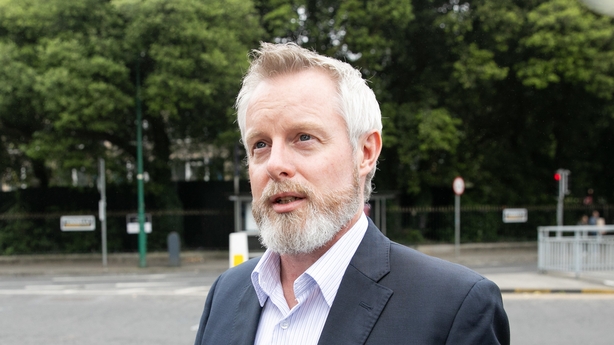
IALPA has refused to accept work practice changes, however, claiming that this would be akin to pilots having to pay for their own pay increase.
Arriving at the Labour Court for Wednesday’s hearing, Aer Lingus Chief Corporate Affairs Officer Donal Moriarty rejected claims by IALPA that the airline has not moved its position.
He also insisted that any working practice changes would have a “very minimal” impact on individual pilots.
As he arrived at the Labour Court, the President of IALPA Captain Mark Tighe said he hoped that the court would consider the profitable nature of Aer Lingus and view their pay demand as a reasonable claim to protect against inflation.
Are we going to see more flight cancellations?
As long as this industrial action goes on, more flight disruptions are inevitable.
On Friday, Aer Lingus announced 80 additional flight cancellations from Thursday 11 July to Sunday 14 July as a result of the industrial action by pilots.
The airline said the cancellations would enable it to protect as many services as possible and that impacted customers will be contacted regarding refund and rebooking options.
The latest announcement brought to 548 the total number of cancellations resulting from a strike last Saturday and the ongoing work-to-rule which began on Wednesday 26 June.
The action involves IALPA members not working overtime or any other out-of-hours duties requested by management.
They are also refusing to log on to Aer Lingus online portals outside of work hours or answer work phone calls outside of work hours.
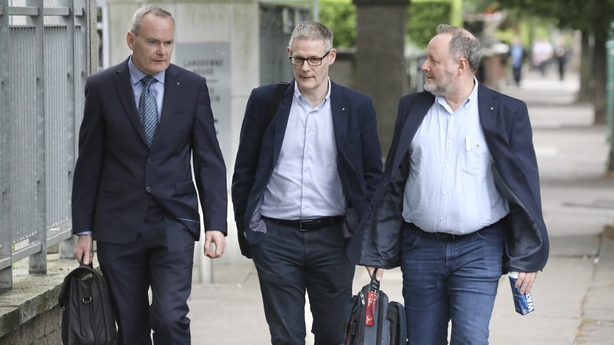
Aer Lingus has warned that the nature of the action means there could be last minute disruptions and even flights being cancelled while passengers are waiting at the gate.
Mr Moriarty said on Wednesday that the longer the work-to-rule goes on, the more likely it is that those unexpected upsets could occur.
“The reason for these cancellations is to build resilience into our schedule and to limit the number of cancellations actually because without that resilience and that buffer within our operation, there will be more cancellations,” Mr Moriarty said.
“The nature of the work-to-rule is cumulative, as rosters age, they deteriorate and an unwillingness to accept changes to rosters on a daily basis means that the roster deteriorates over time and that’s what causes the impact in terms of cancellations,” he added.
Could the industrial action be escalated?
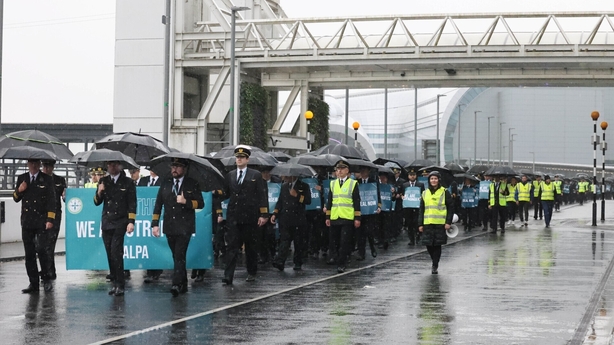
Yes, IALPA said it will consider escalating industrial action if it deems it necessary.
If members are not happy with the Labour Court recommendation and vote to reject it, we could well see a ramping up of this dispute.
When face-to-face talks with management broke down on 27 June, IALPA had wanted to escalate the action and call additional strikes.
It sought the permission of its parent union, Fórsa, but the decision was paused because the Labour Court invited the sides back to talks.
The court asked the parties not to escalate while it considers the matter but once its recommendation has been issued and voted on by IALPA, all bets will be off in terms of ramping up the action.
That would likely take the form of additional days of strike action, possibly longer in duration than the eight-hour work stoppage pilots engaged in on Saturday 29 June.
So far, Aer Lingus has been able to keep last minute, unexpected disruptions to a minimum with a well-managed cancellation plan but additional strikes will leave the summer travel plans of thousands of passengers in disarray.
